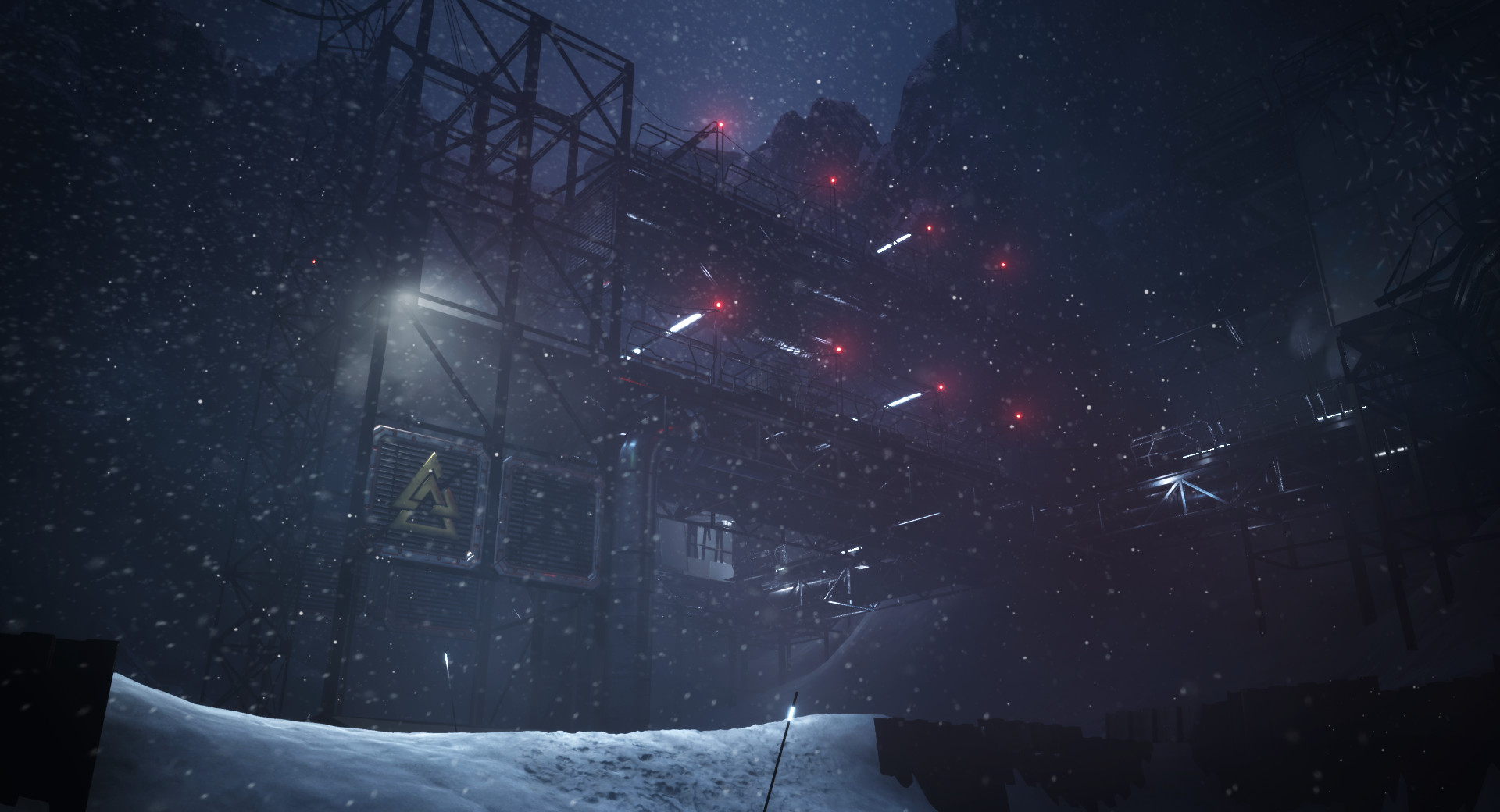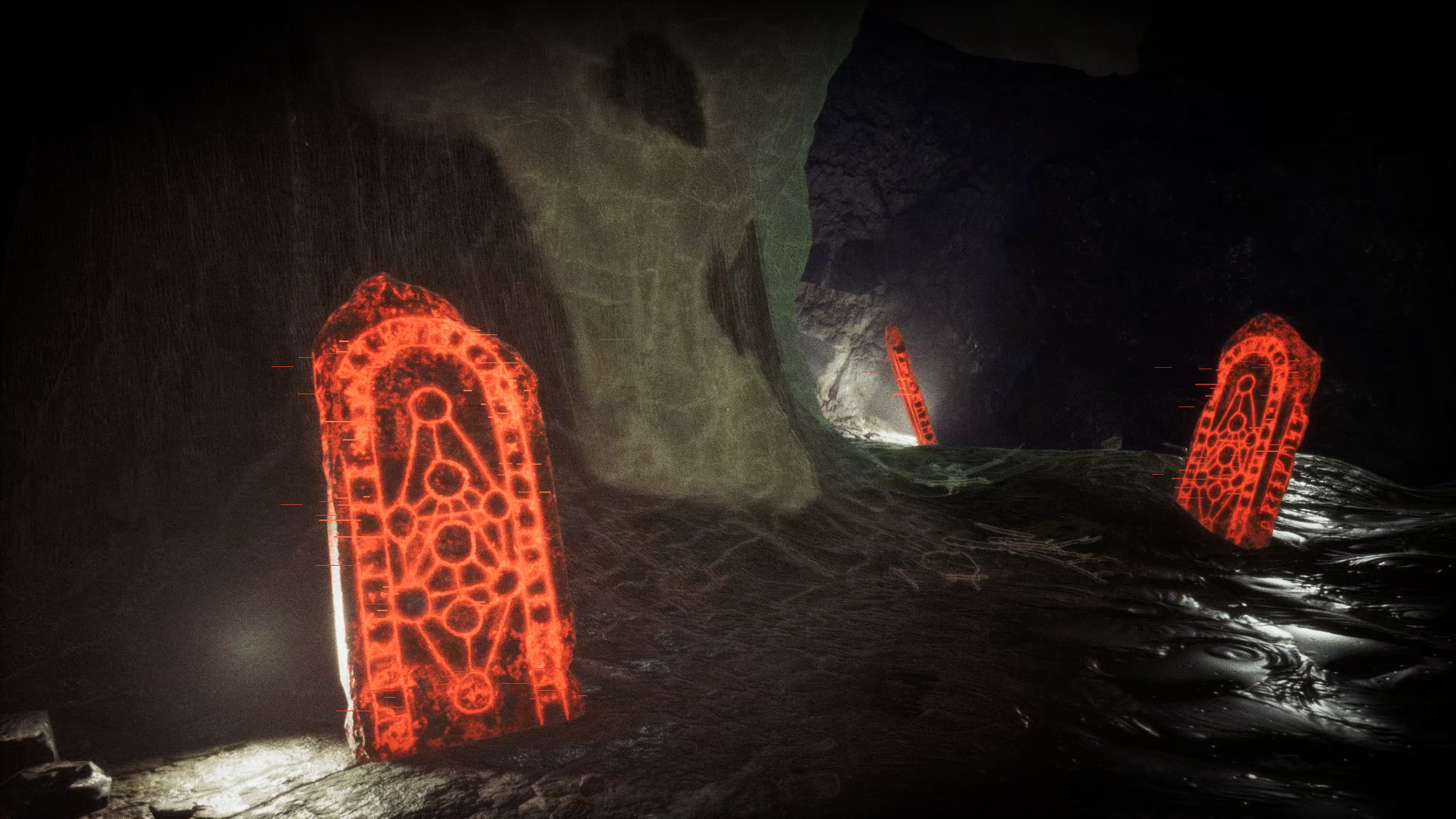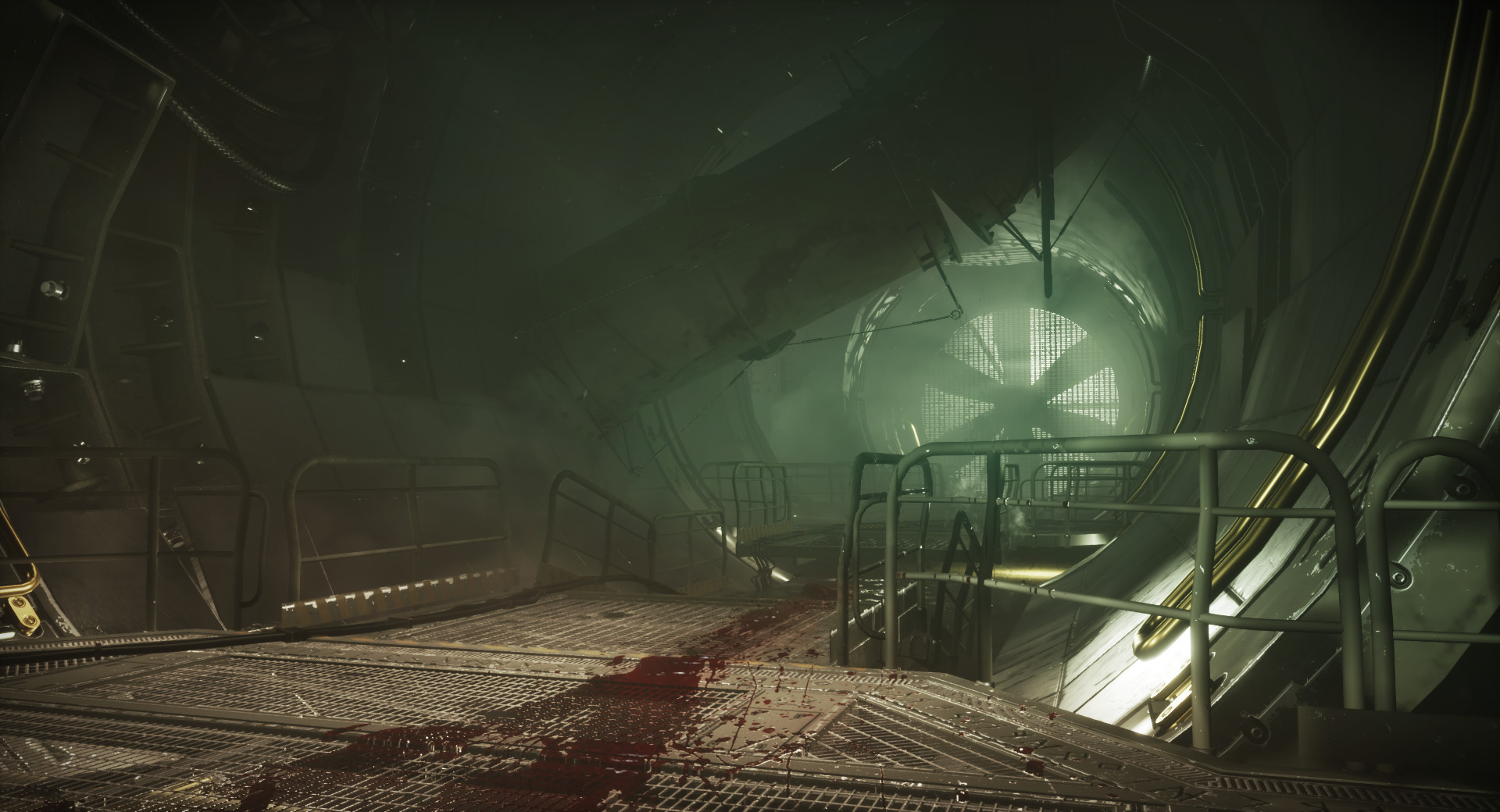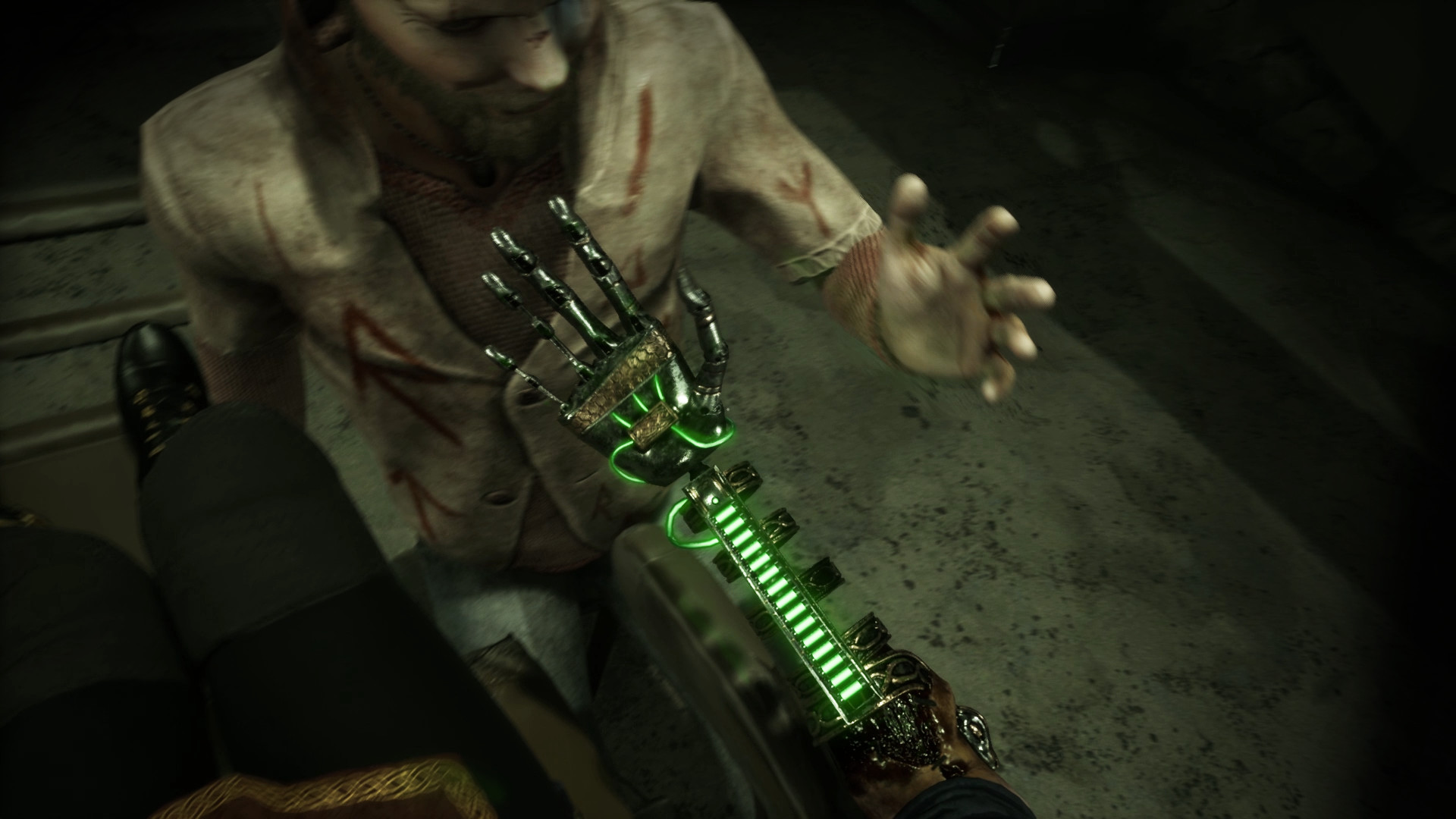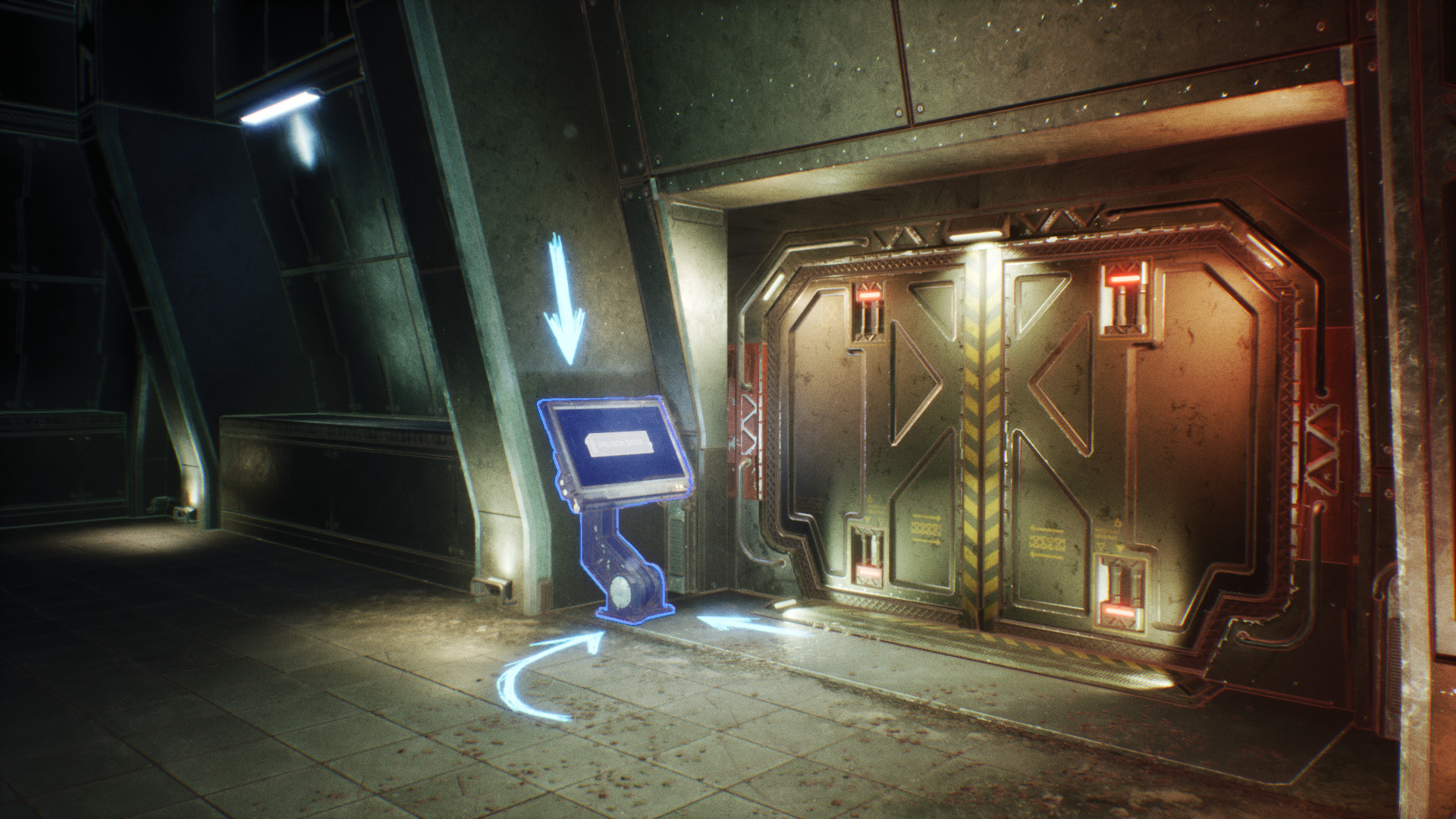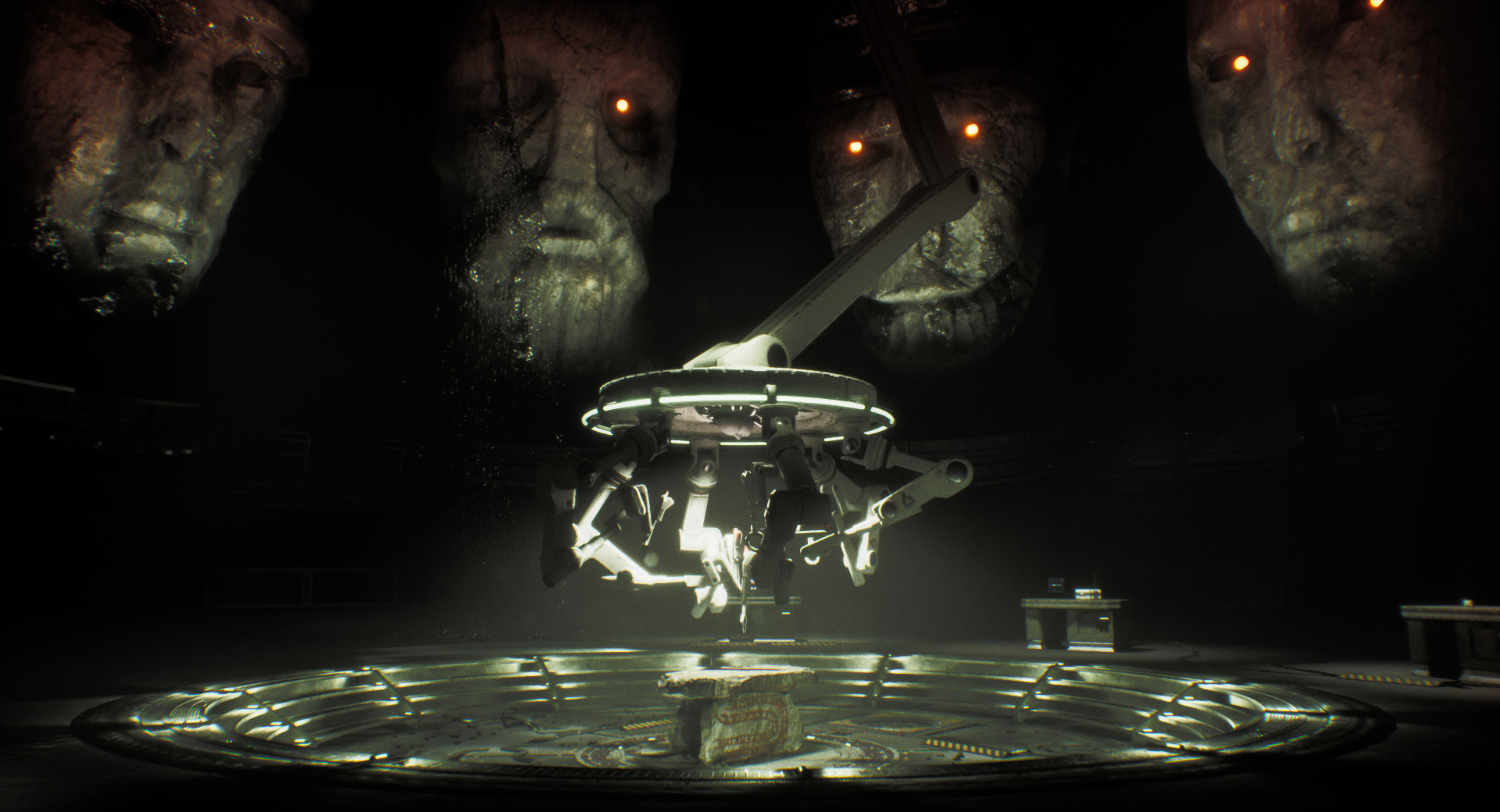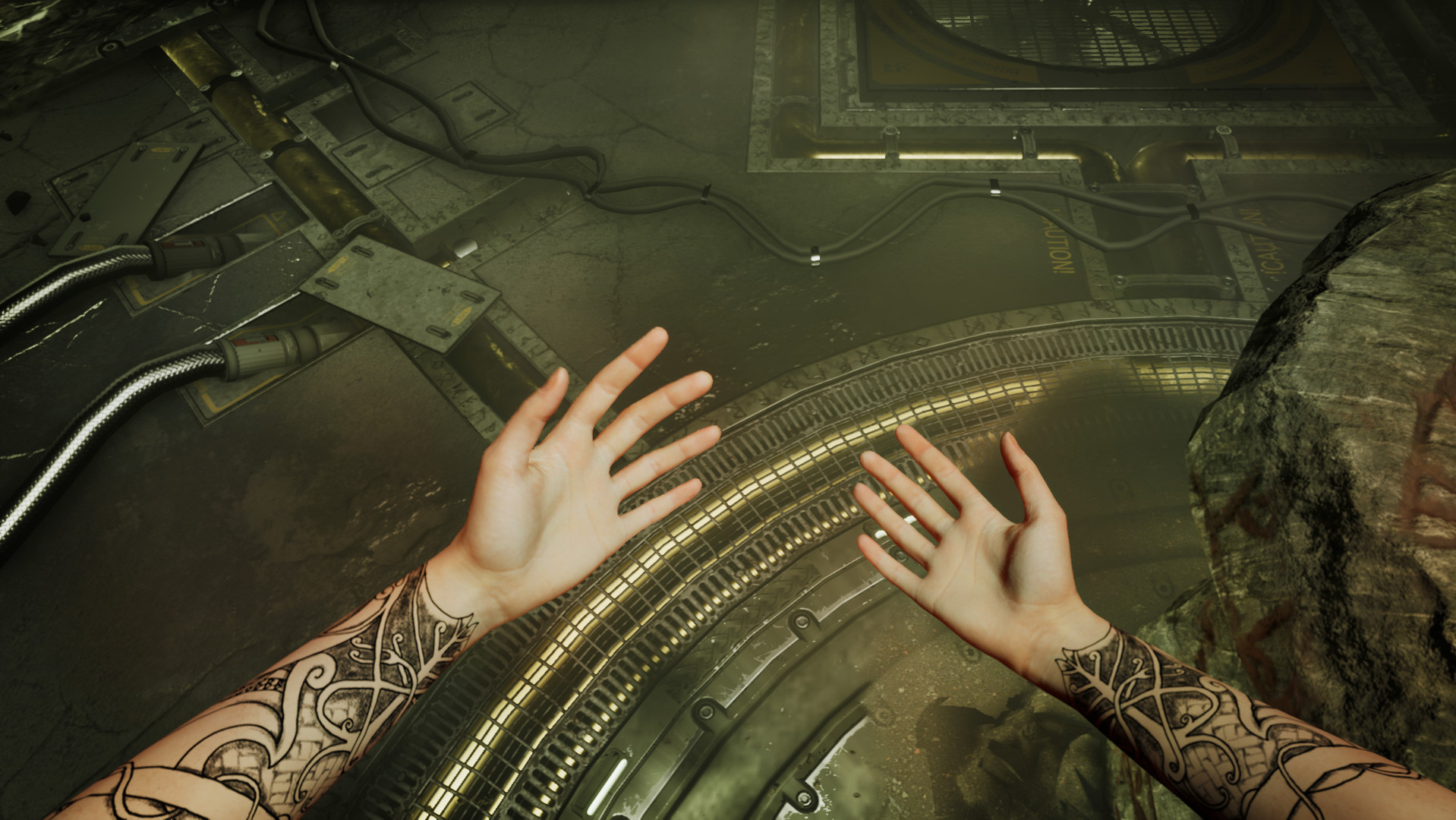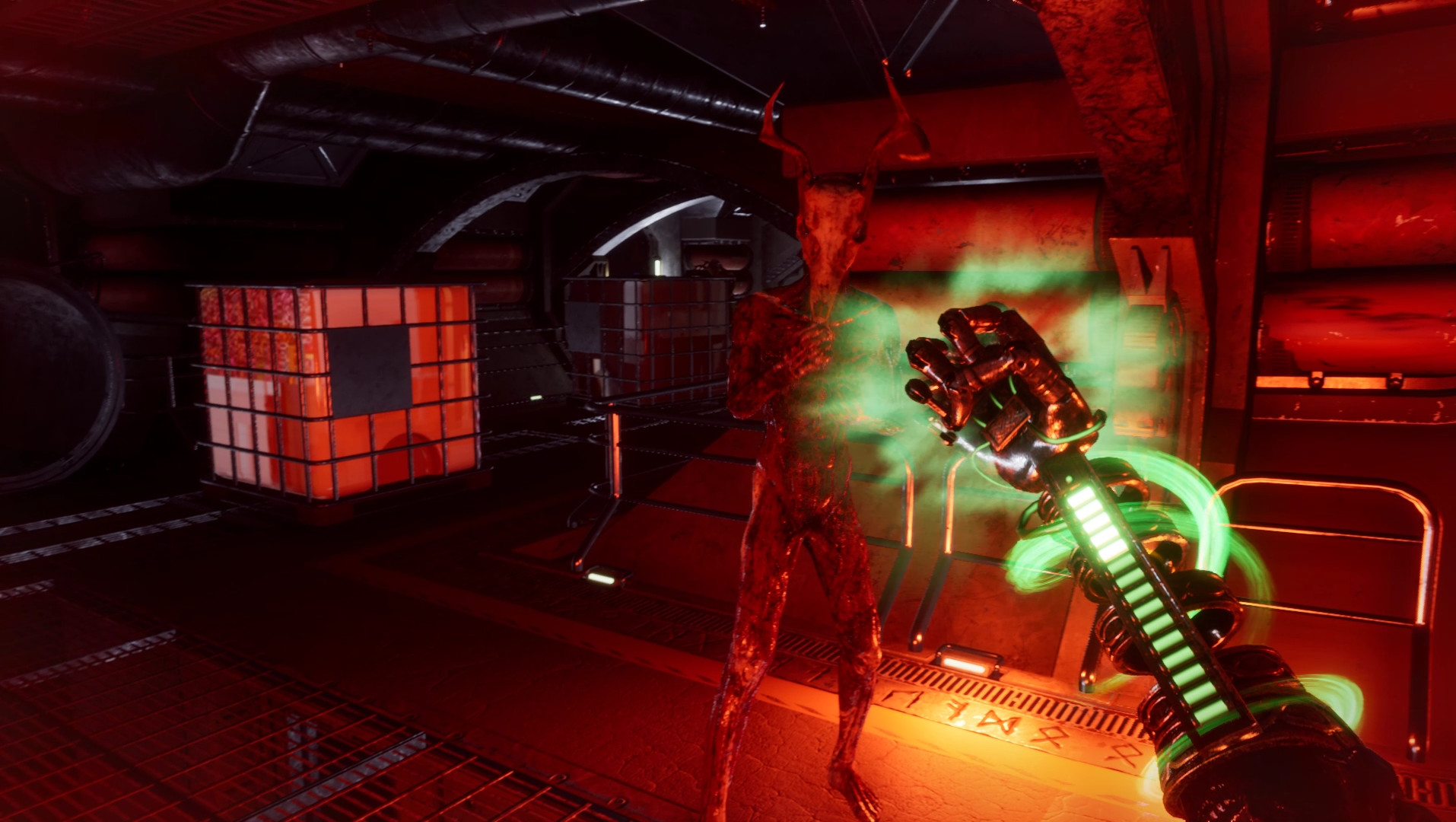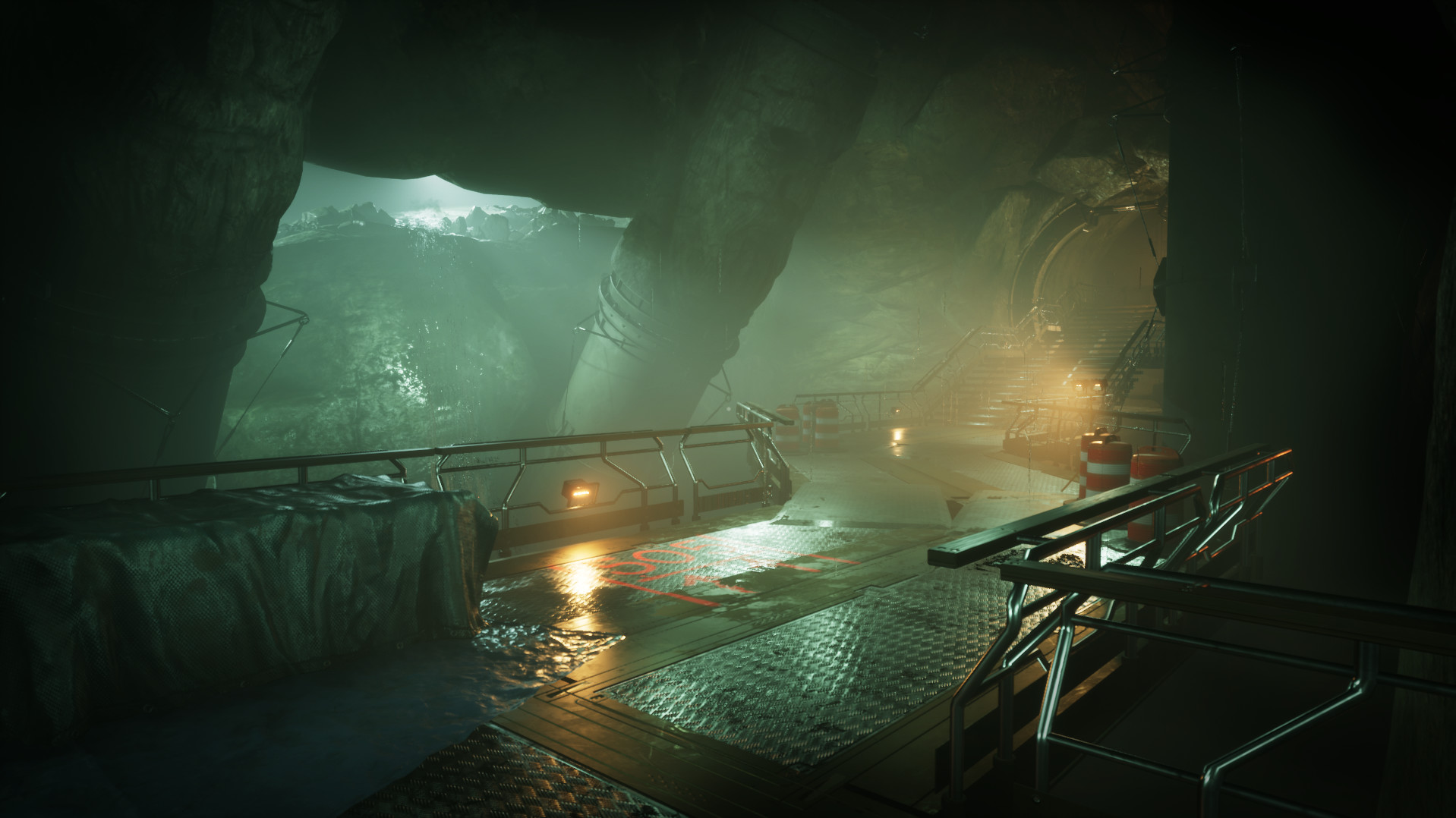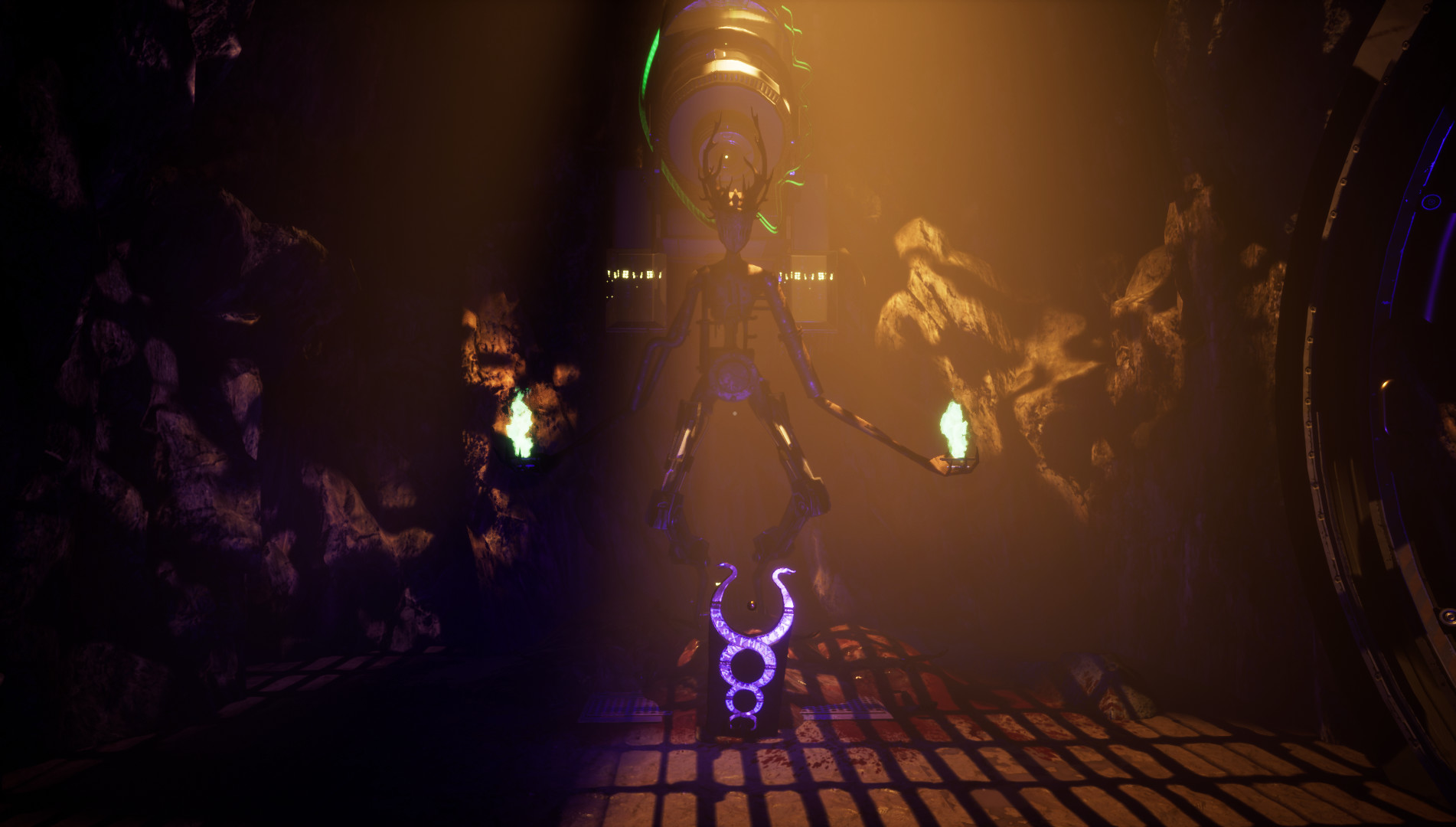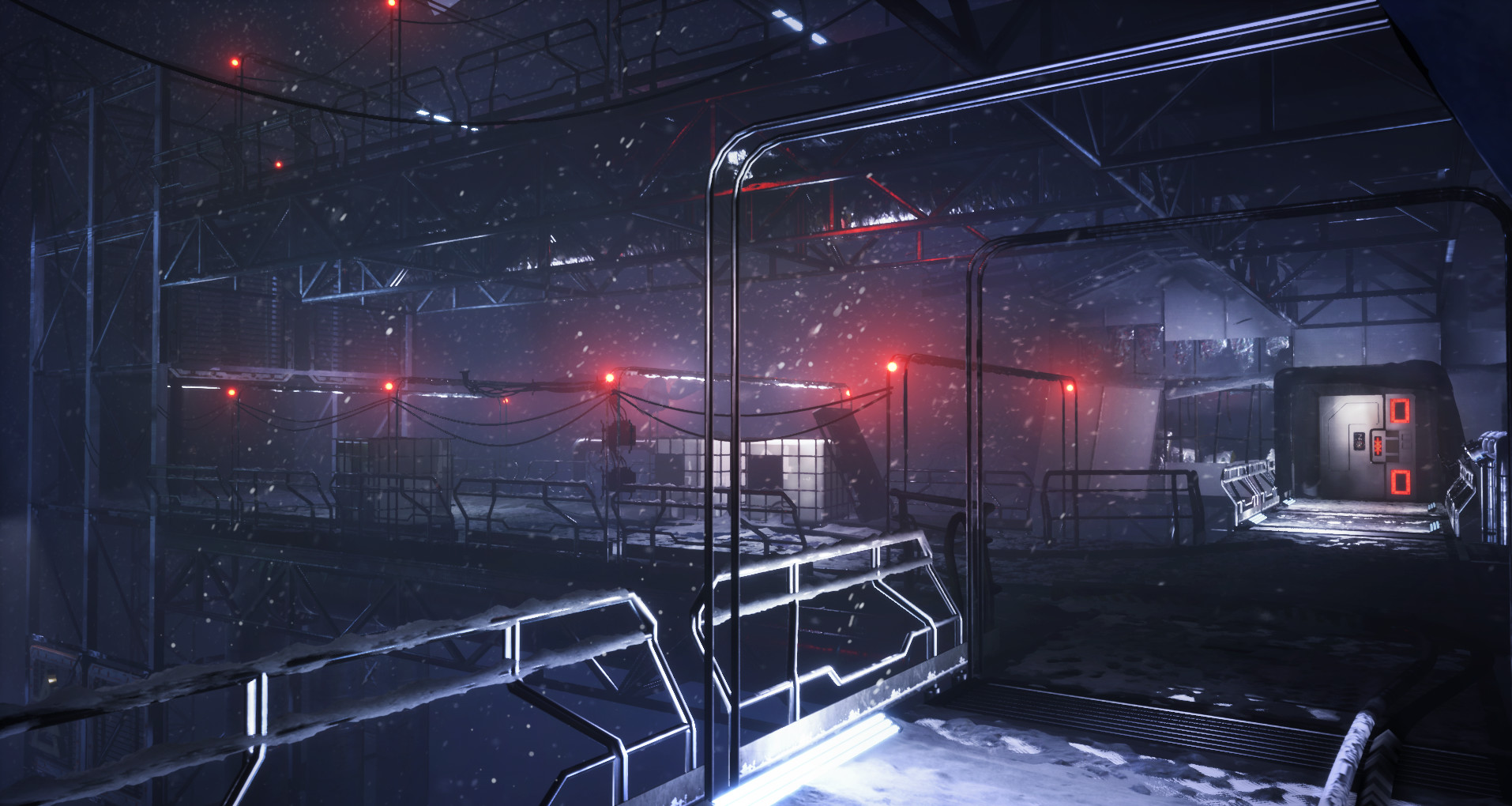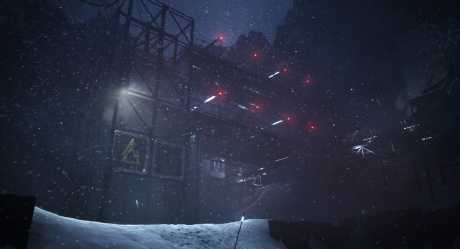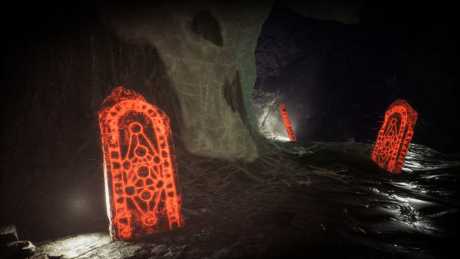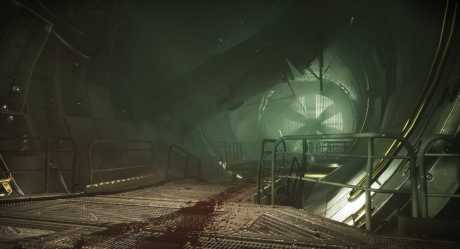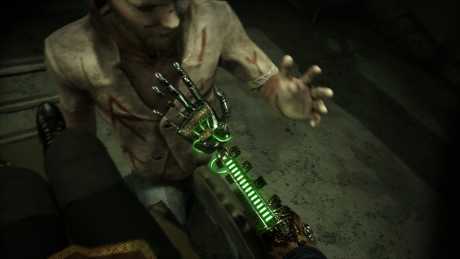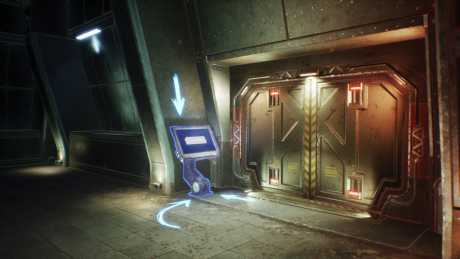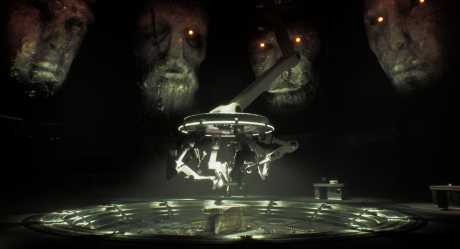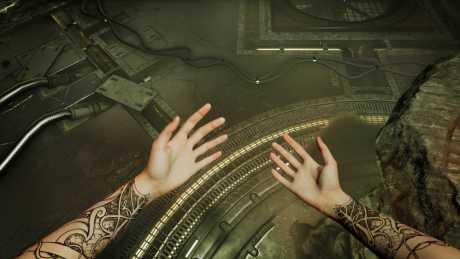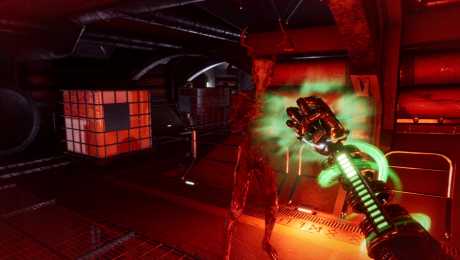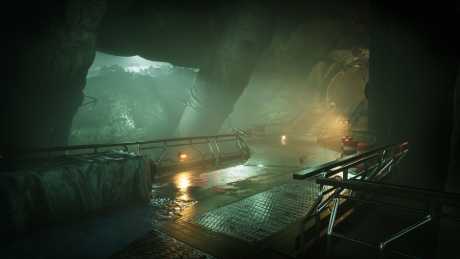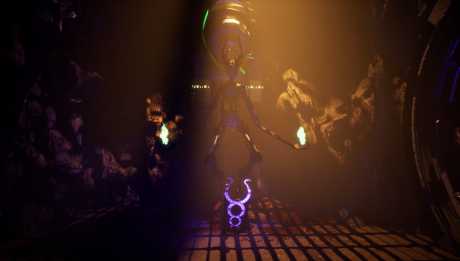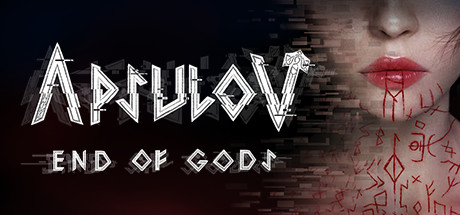Overview
I’m not sure what I expected out of Apsulov: End of Gods, but I must say that I was pleasantly surprised anyway. As a fan of both mythology and horror, I can’t resist when I see them combined, though I’m used to Thai and Abrahamic concepts being used, while Norse paganism was a new one for me. However, it was adapted into the setting more effectively than I’ve seen in most titles, and the story throughout builds onto the myths themselves; you’re not just experiencing them, you’re a part of their continuation. From your first steps in the world, you’ll be introduced to many concepts related to them, but you’ll also be discovering what’s happened in the many years since they took place. Pair this interesting and unique narrative with gameplay mechanics that keep it far from being a walking simulator, and you’ve got an experience that just about anyone could enjoy.
Norse Mythology: Chapter Two
In Apsulov: End of Gods, you take control of Alice, a young woman who awakens in a laboratory with a nice helping of amnesia. A rather authoritarian (not to mention emotionally unstable) AI is her first introduction to the world and, as you might assume, an escape is attempted at the first opportunity that presents itself. Fortunately for Alice, a pair of doctors who are potential allies in this terrifying experience contact her and guide her through the process of getting away from and avoiding this mysterious entity.
The setting that you experience from here on out is exceptionally designed in just about every way. If you were to take Norse mythology and combine it with Doom, you’d get pretty close to the narrative feel of this title. This comparison is clearly seen in the corporation that, in its hubris, crossed boundaries that were never meant to be crossed into a realm normally beyond the reach of mortals. While Doom had us taking frequent trips to Hell via portals, Apsulov has us traveling between the worlds of Norse mythology via the roots of the world tree, Yggdrasil. This method was used by the ambitious corporation to bring artifacts to Midgard (Earth), and as it turns out, they brought back more than they had bargained for.
On the other hand, the gameplay itself more closely resembles a game like Alien: Isolation or Outlast. The vast majority of your time will be spent avoiding threats as opposed to mowing them down in a hail of bullets. Lockers and closets are lacking though, so you’ll need to get a handle on sneaking around and using the environment to hide from the line of sight of the monsters around you.
Much of your time will be spent in the large, corporate base deep underground in futuristic Sweden. This place has clearly been touch by the influence of the myths, but there’s a good deal that is very familiar to other futuristic settings. Alternatively, although you only visit a small number of the worlds outside of Midgard, they are beautifully designed and capture the atmosphere well. Niflheim and Helheim were experiences all their own, not only different from the base, but different from each other as well. Niflheim feels cold as you travel through it and its massive frost giants kept you on your toes, while the keepers of the dark realm of Helheim were easily the creepiest foe that you’ll encounter. I’ll leave further details of the setting for you to discover since they’re what makes this title from being simply a solid experience to one that really stands out.
Alice in Jotunnland
Alice’s story begins with her only having access to a flashlight and her wits, though her capabilities continue to expand and improve thanks to her allies. Jarngreipr, her cybernetic prosthetic arms, will allow her to begin absorbing energy from power nodes located around the environment (some technological, others supernatural) and to use them in increasingly thrilling and useful ways. As you progress, it evolves with you and marks the primary form of mechanical progression in the game.
Dark environments are common in Apsulov: End of Gods, but you’ll be granted a useful ability to help you navigate them early on, and no, it’s not just a shoddy flashlight. The open world is quite large, but navigation tends to be fairly straightforward, peppered only with the occasional diversion for grabbing an upgrade or collectible. You’ll rarely get lost and usually have a pretty good idea of where you’re headed, which is a blessing to me as I have a knack for getting myself lost when there’s a maze involved. Thanks to this, I never got stuck the entire time that I played and was glued to my seat without a lull, excited for what was coming next as I progressed.
Verdict
Absulov: End of Gods was an experience that surprised me. I hadn’t heard of it until I came across it on Steam, and even then I wasn’t sure of the actual quality of it other than that it looked impressive in the screenshots. I honestly even struggled to stay interested in the first half-hour or so, though when the lore started to pile on, it hit me hard, and I played straight through it in around six to seven hours over the course of two sessions. I consistently found myself thinking that I should take a breather and do something more important but finding a new excuse to not do so at every save point.
I highly recommend Absulov: End of Gods to those who enjoy old world myths, particularly a modern take on them that spruces them up with some additional horror. I will say that the creepy, post-disaster atmosphere was excellent, but that I never really felt the apprehension that I’ve felt in some of the best titles in the horror genre. That said, it’s a fantastic and dark story, but one that might not leave the most hardcore horror fans feeling fulfilled if they’re playing it specifically for the horror vibes. I, however, am excited by the cliffhanger ending that hints at a possible sequel and my eyes are peeled for it.
Zitat:
Visit SaveOrQuit.com for detailed game reviews, posted daily!
